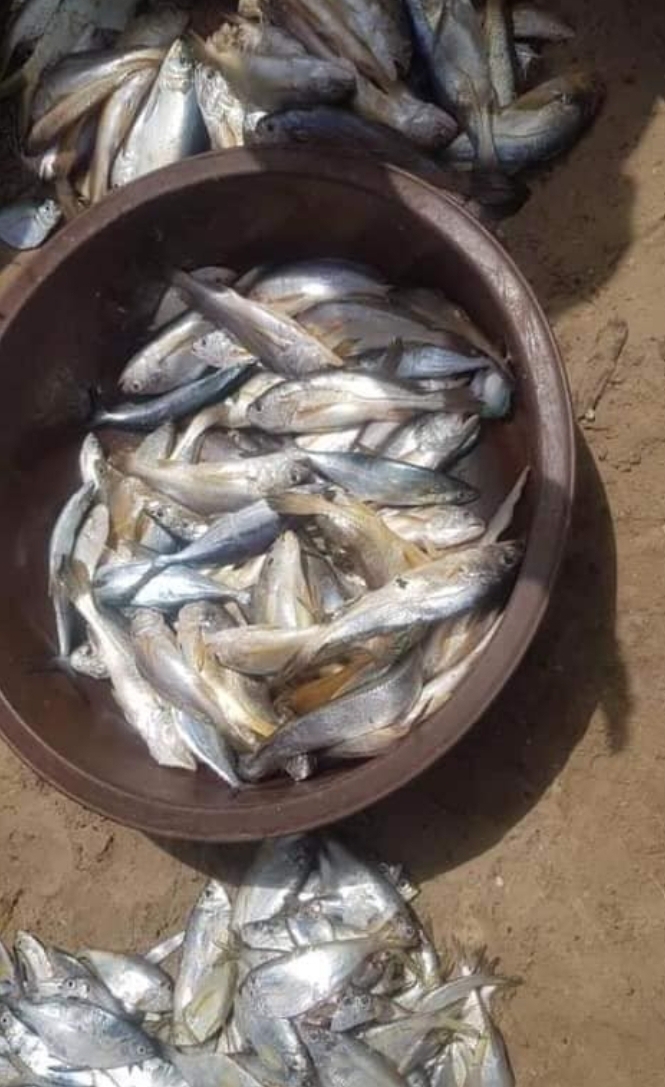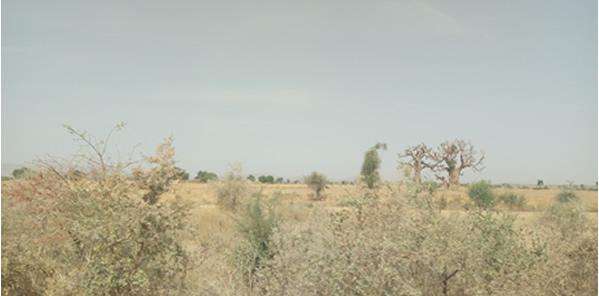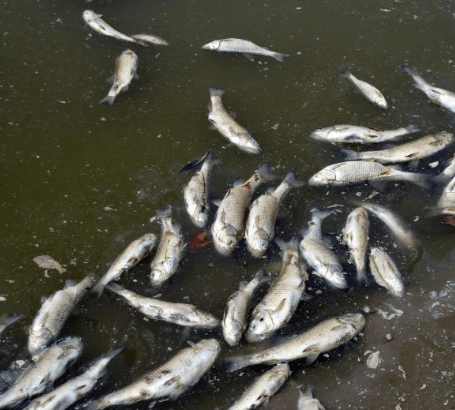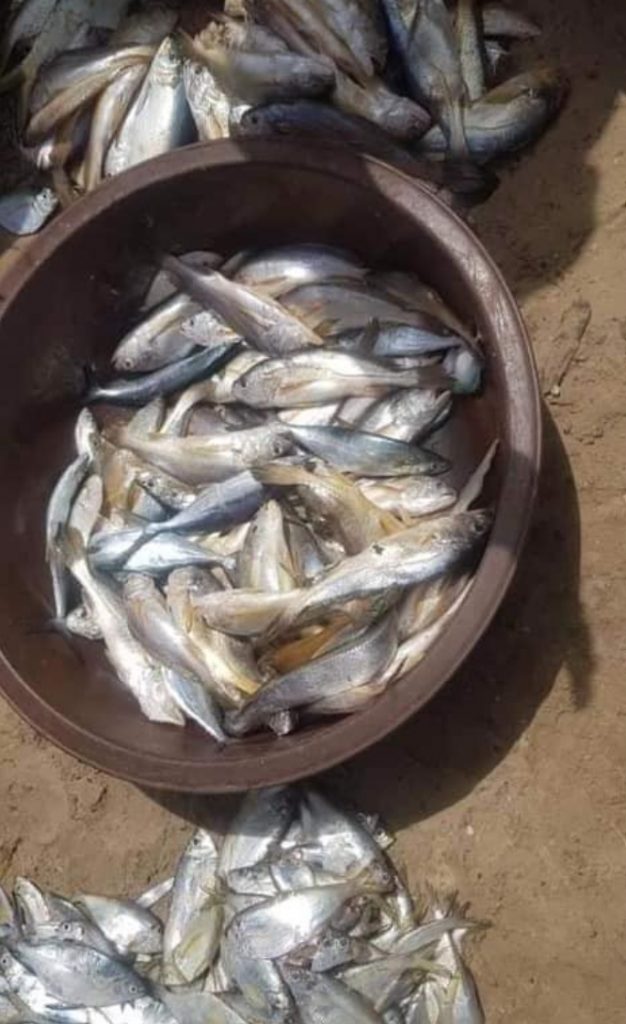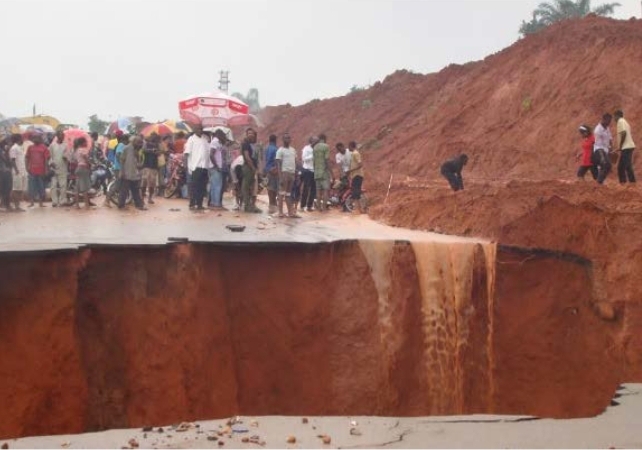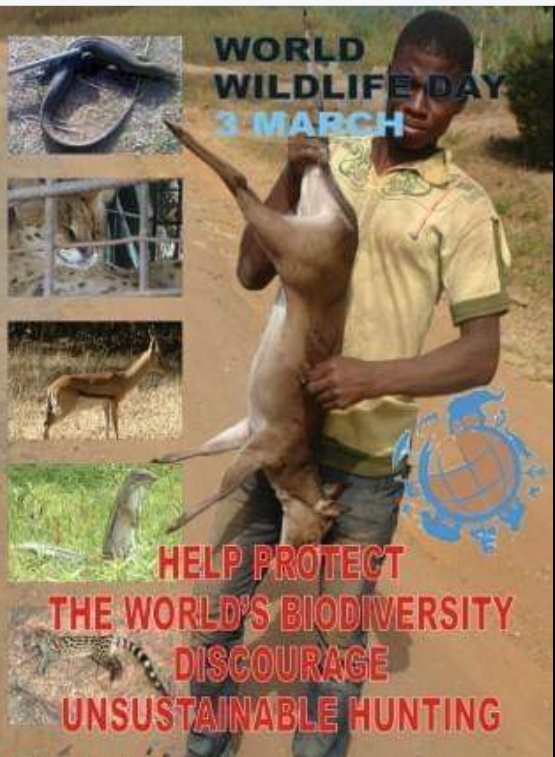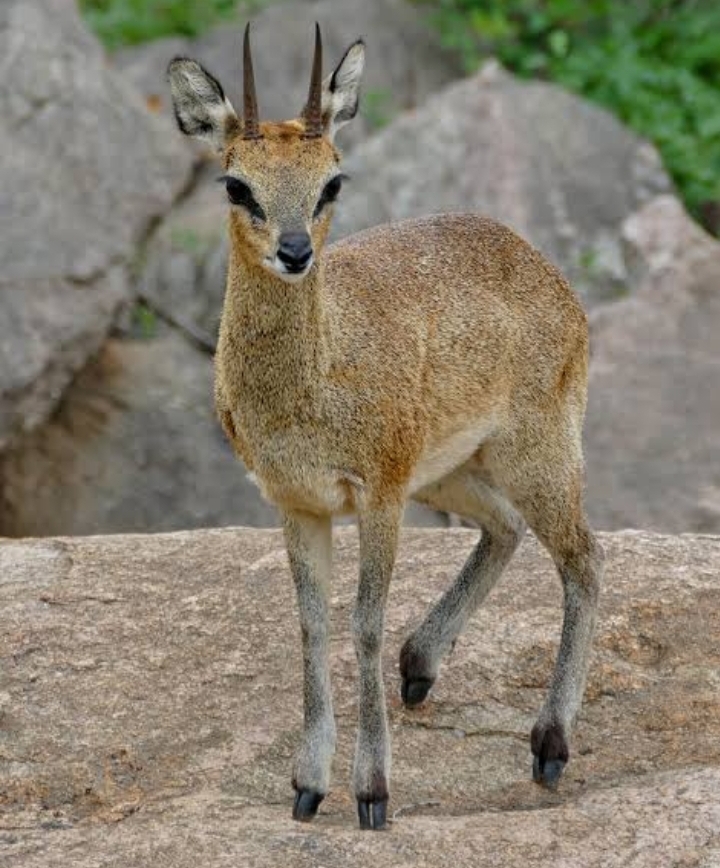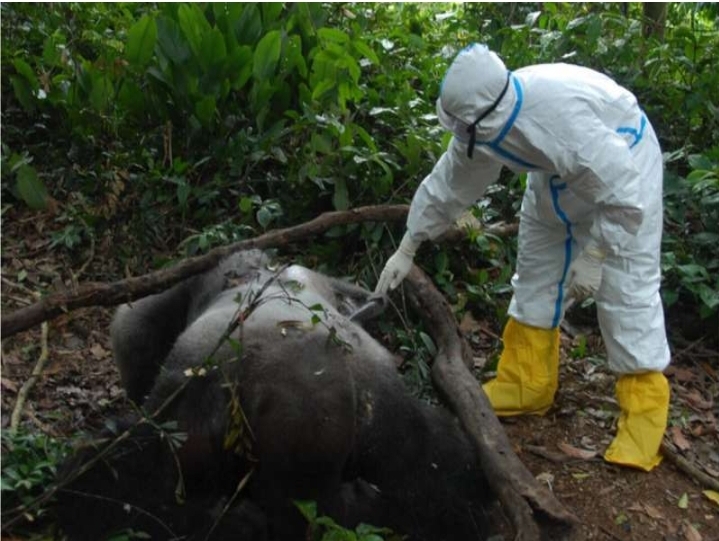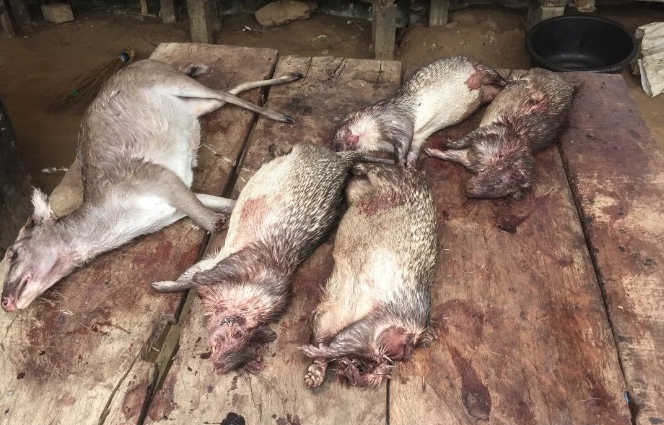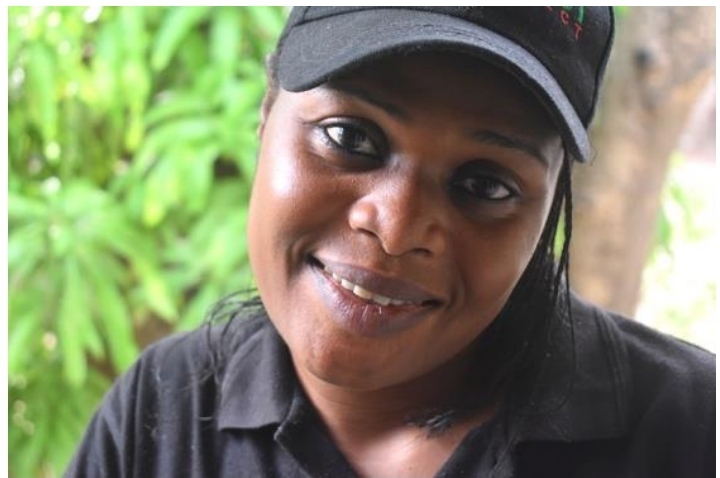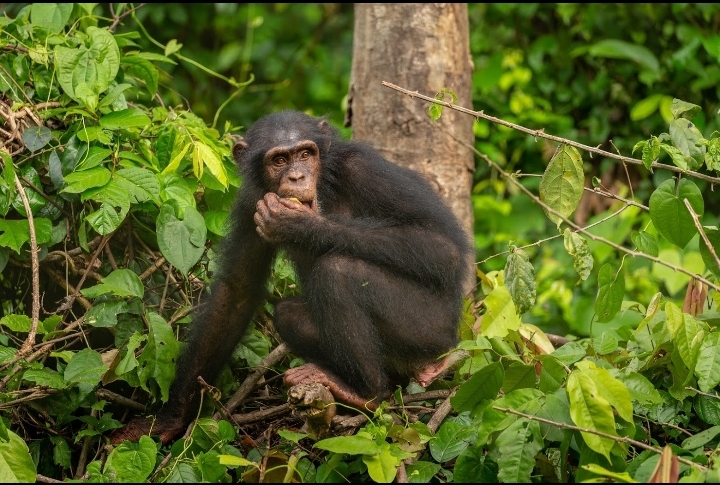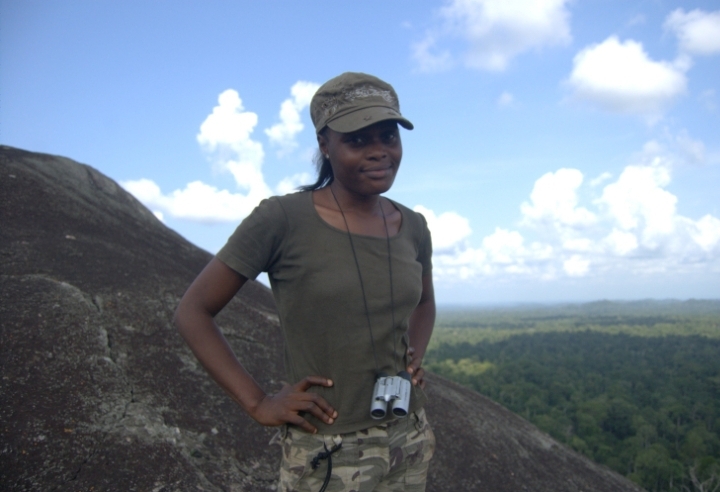A zoo in Wales, Britain is threatening to put down its animals because it is running out of money to feed the exotic breeds amid the coronavirus lockdown.
Tracy and Dean Tweedy, who own Borth Wild Animal Kingdom in West Wales, fear they only have enough money to feed more than 300 animals for a week.
The married couple say their money is running out to care for their stock and are planning ‘as a last resort’ to euthanise ‘the animals that we care for’.
Council chiefs ‘lost confidence’ in the ability of the zoo to operate safely following the deaths of two lynx and other animals.
In January this year, the zoo was ordered to close because it did not have trained gunmen in case of an animal escape.
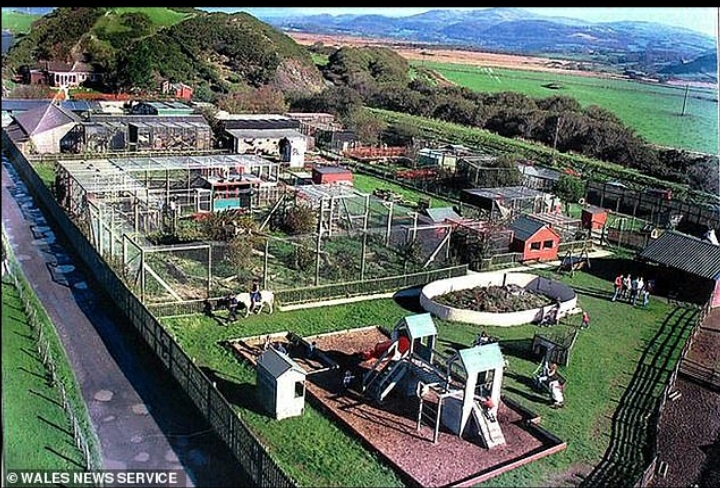
But it was allowed to reopen in February before having to close again in March due to the coronavirus outbreak.
Ms Tweedy, 49, said many staff are on furlough and the zoo’s business relief grant of £25,000 has nearly run out.
She said: ‘We were already only scraping by financially after the long, quiet winter season.
‘We need help now more than ever. Despite everything, we are as determined as ever to not give up.’
Read also: Covid19: Tiger tests positive in US zoo
She said it costs £3,000 a week to run the zoo and a cull of the animals has been considered if they cannot be fed.
After the money runs out, the couple will have to start looking at re-homing but are considering euthanasia as a last resort.
Problems for the zoo began in late 2017 when Lilleth the Eurasian lynx escaped and was shot dead by a marksman after being found at a nearby caravan site.
A second lynx, Nilly, also died in what was described as a ‘handling error’.
A report revealed one in five of the zoo’s animals died in just one year. It was discovered that monkeys, crocodiles and a leopard also died from its animal stock during 2018.
Owner Tracy and Dean bought the zoo for £625,000 in 2016 to start a dream new life with their family, but it has since turned into a nightmare.
Tracey said: ‘It would be tragic if mid Wales lost its only zoo. We work with so many local organisations on animal education and wildlife conservation that we see ourselves as a vital asset for the community.’
Read also: ‘Security’ lion removed from Lagos house opposite crèche
Tracy said many of the animals would be very hard to re-home due to licence requirements needed to look after the exotic animals.
‘We also run as a sanctuary for animals that have been rescued from the exotic pet trade. For many of these animals, we are a last resort.
‘They came here because destruction was their only alternative.
‘They would be very difficult to re-home as the licence requirements to look after these animals and provide the proper care, can be very involved and expensive,’ she said.
The couple say Westminster has announced a fund to help zoos in England but there is no similar support in Wales.
The Welsh government said it had already provided all licensed zoos with details of existing support schemes.
‘If any zoo operators have concerns about their ability to meet the needs of their animals, they should contact their local authority’s animal health team for advice without delay as they are on hand to offer support,’ a spokeswoman said.
It said its £500m economic resilience fund provided more generous support than one specifically for zoos would have.
A spokesman for Ceredigion County Council earlier said: ‘The local authority has lost confidence in the ability of the zoo to operate responsibly and safely.’
Zoos were forced to close at the end of March due to the coronavirus lockdown and many have warned their futures are in danger from the impact of the pandemic.
Andrew RT Davies, Shadow Minister for Environment, Food and Rural Affairs in the Welsh Parliament, said: ‘This is a dire situation that the zoo finds itself in, but I’m afraid that zoos right across Wales are in the same precarious situation and desperately need support due to the profound impact of Covid-19.
‘It’s outrageous that whilst the UK Government has taken action and given £14 million to support zoos in England the Welsh Government has still not followed suit.




